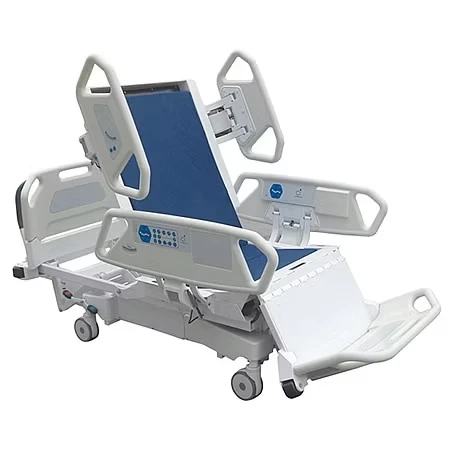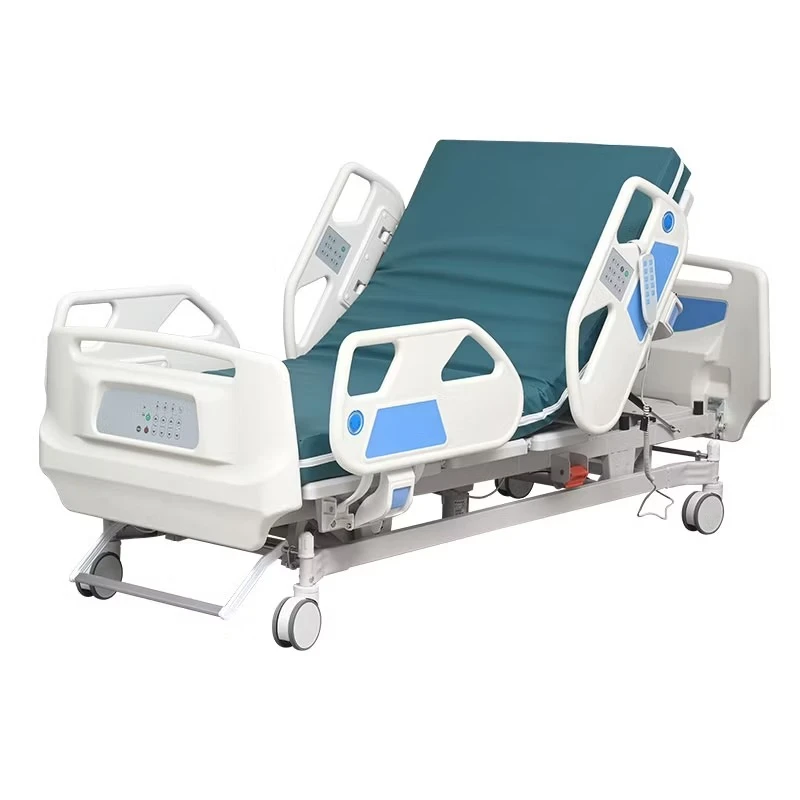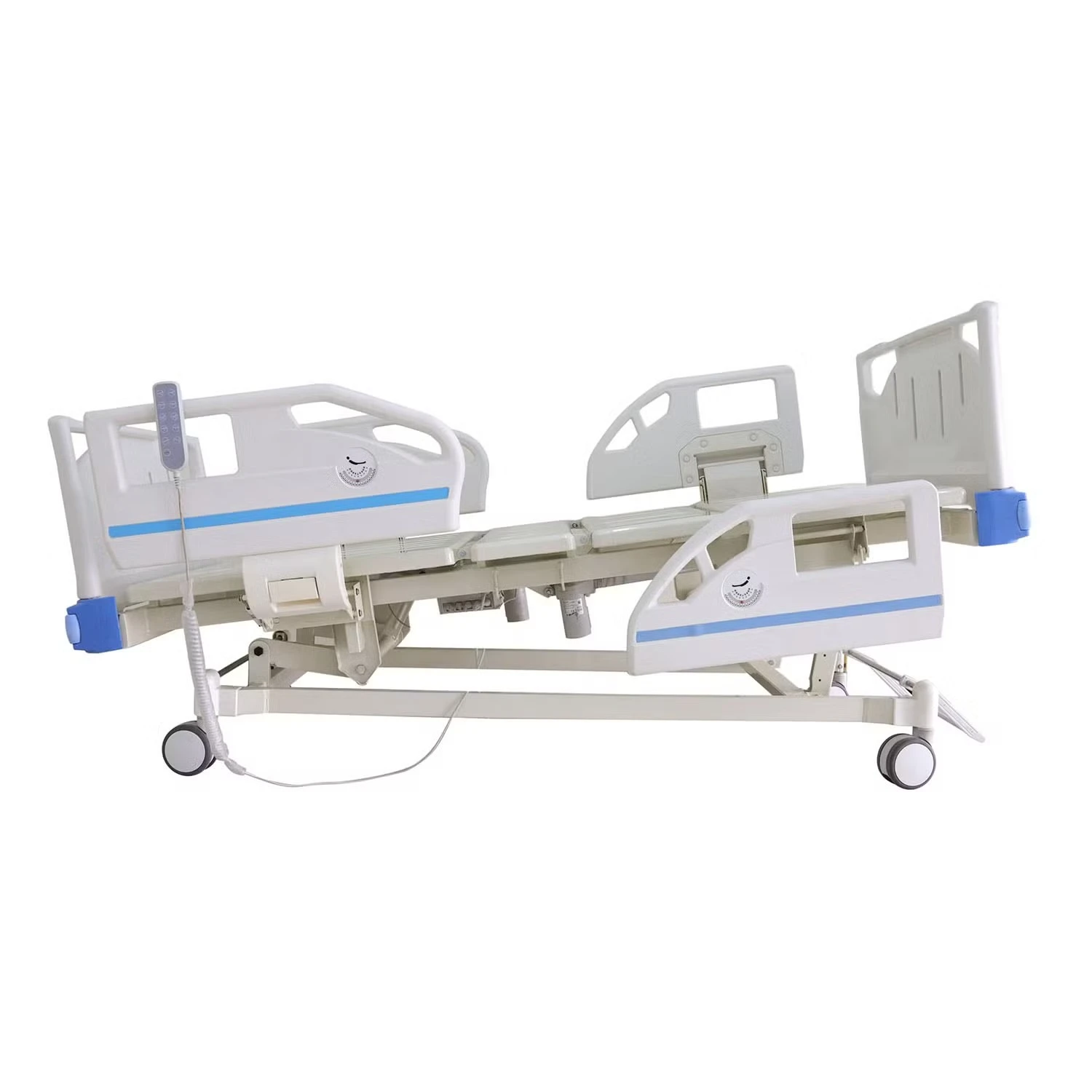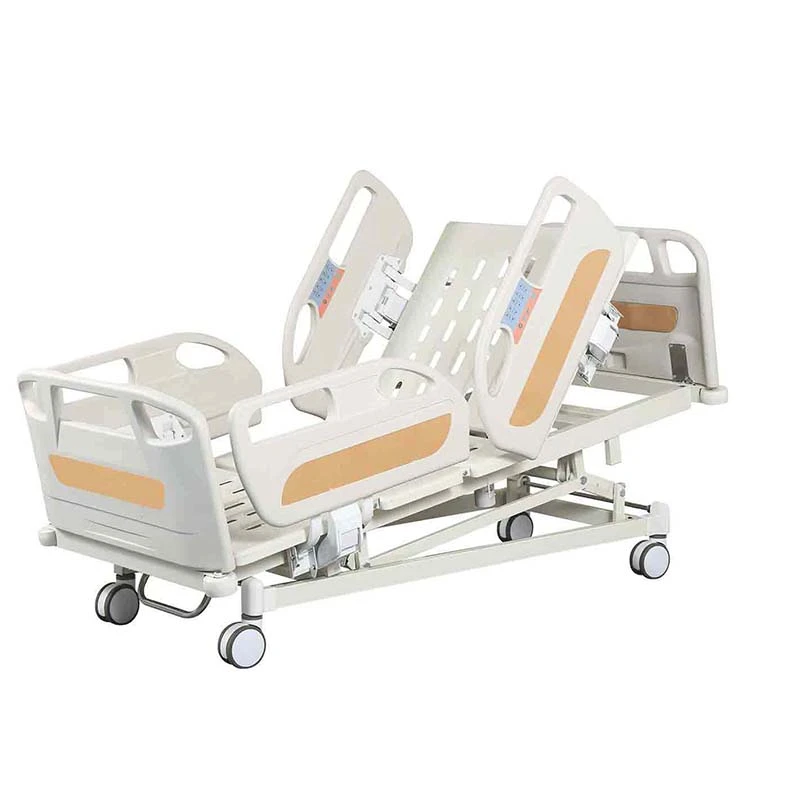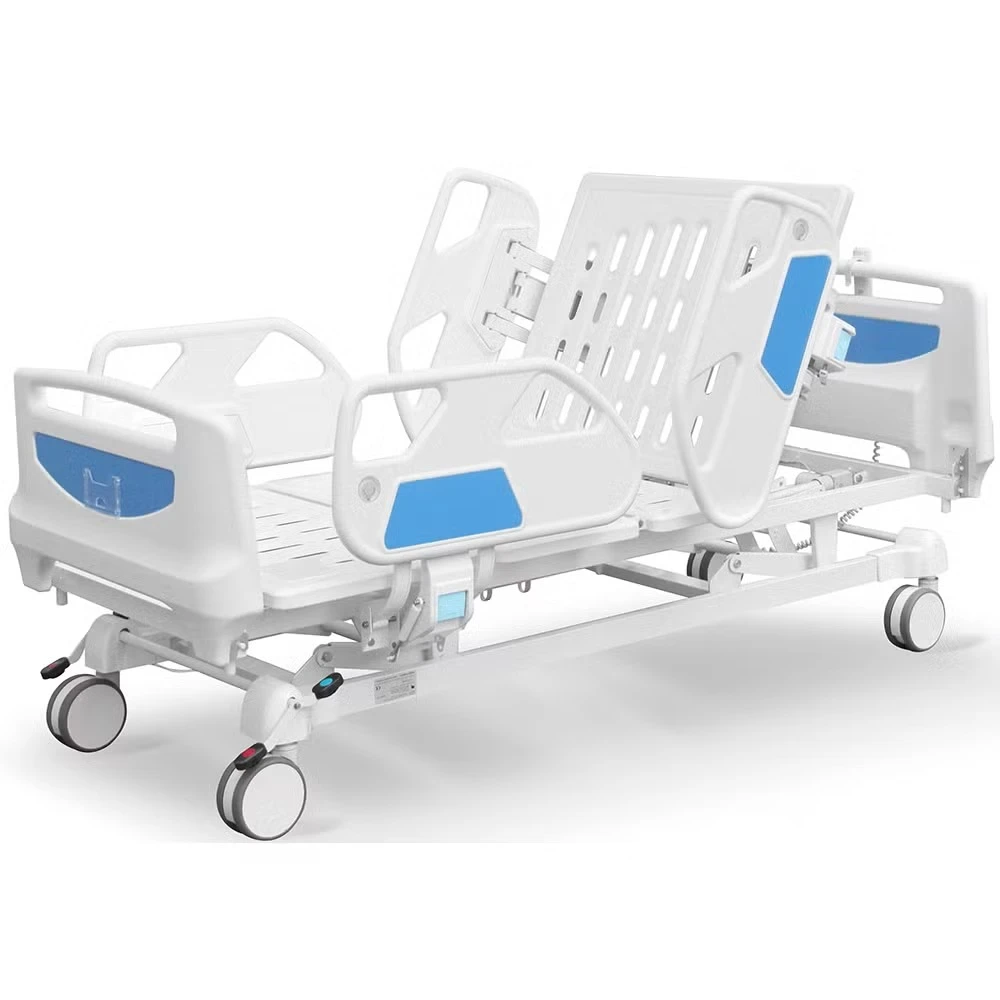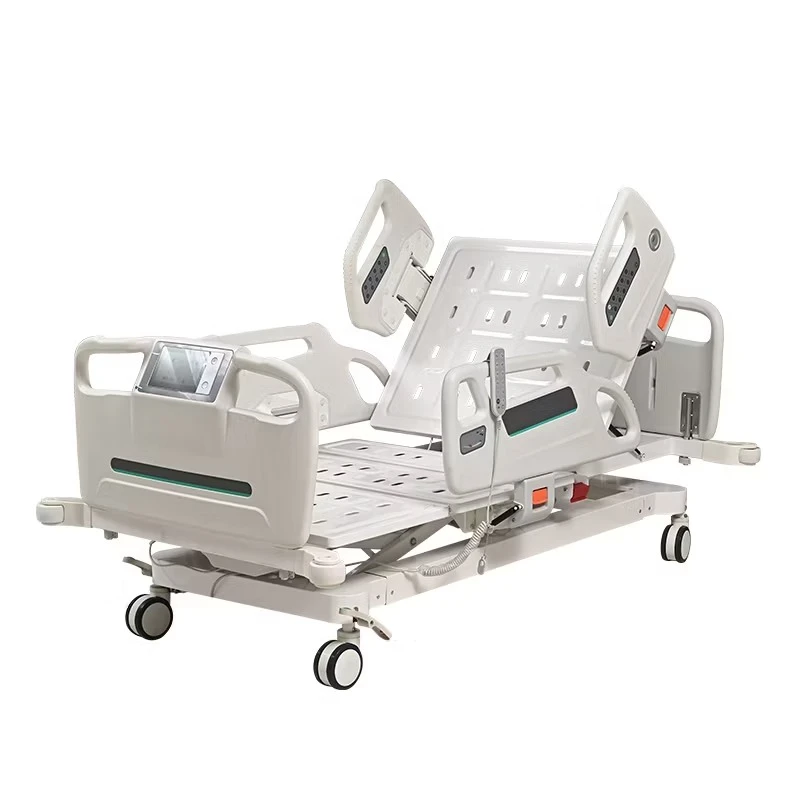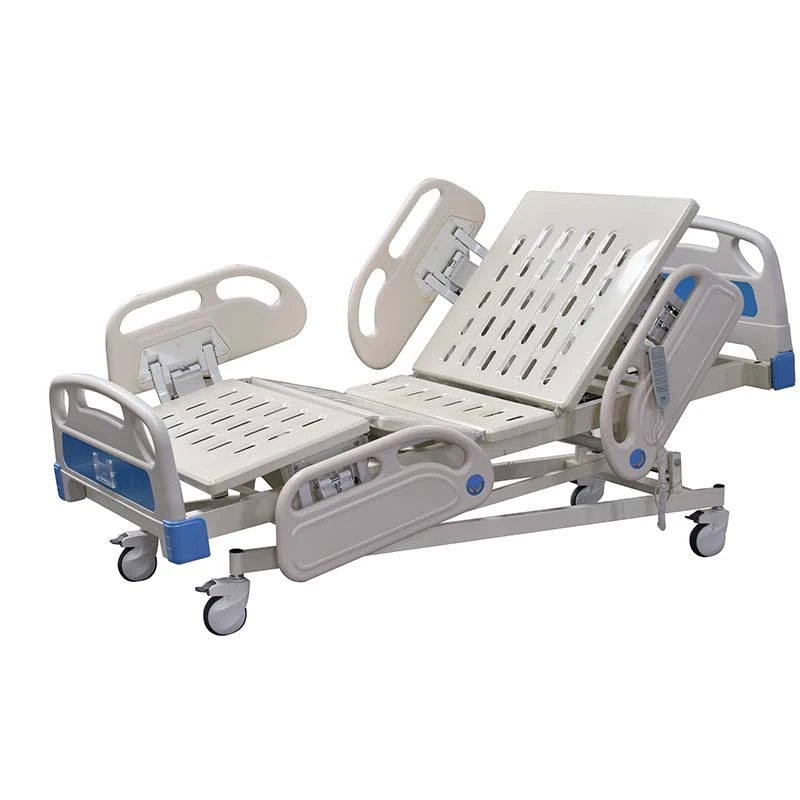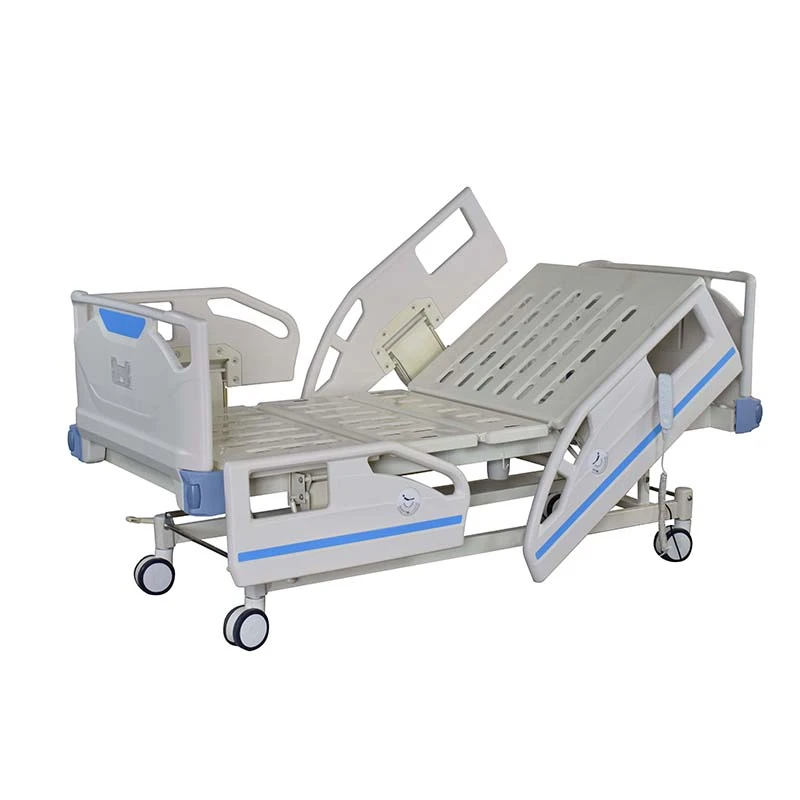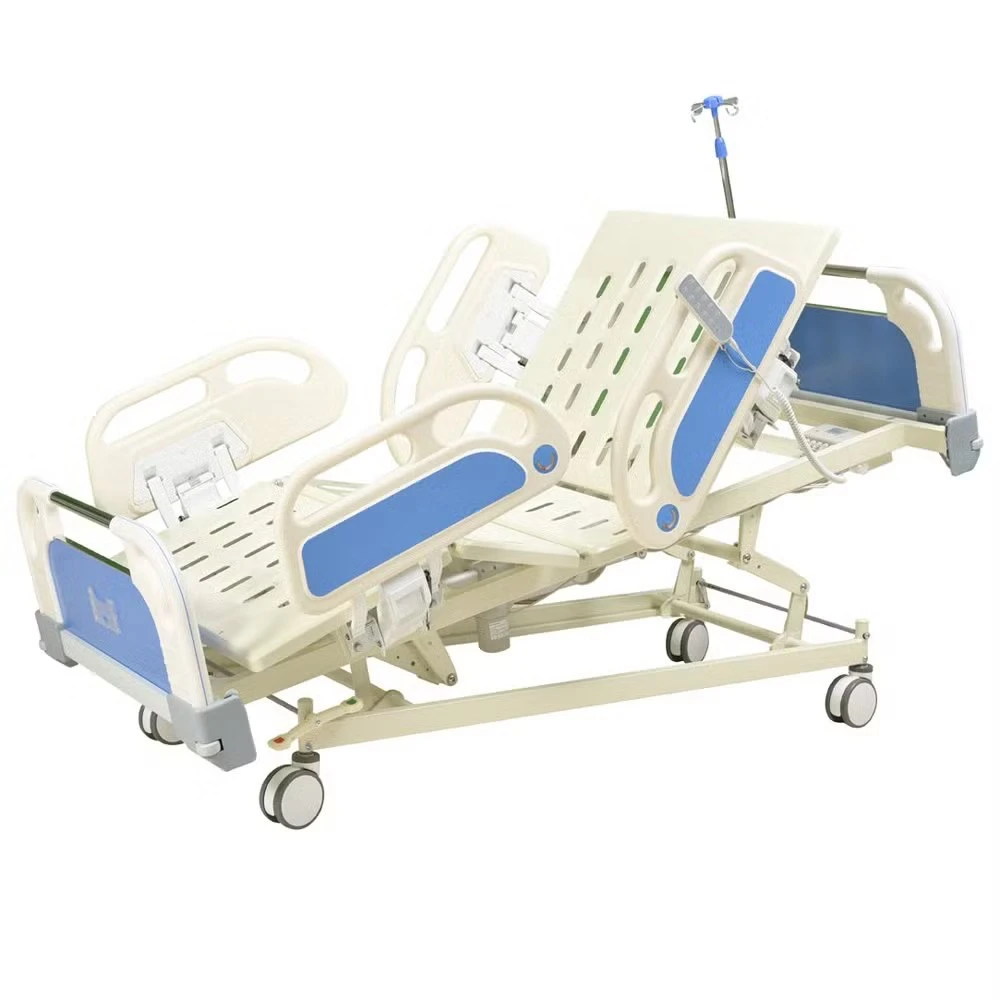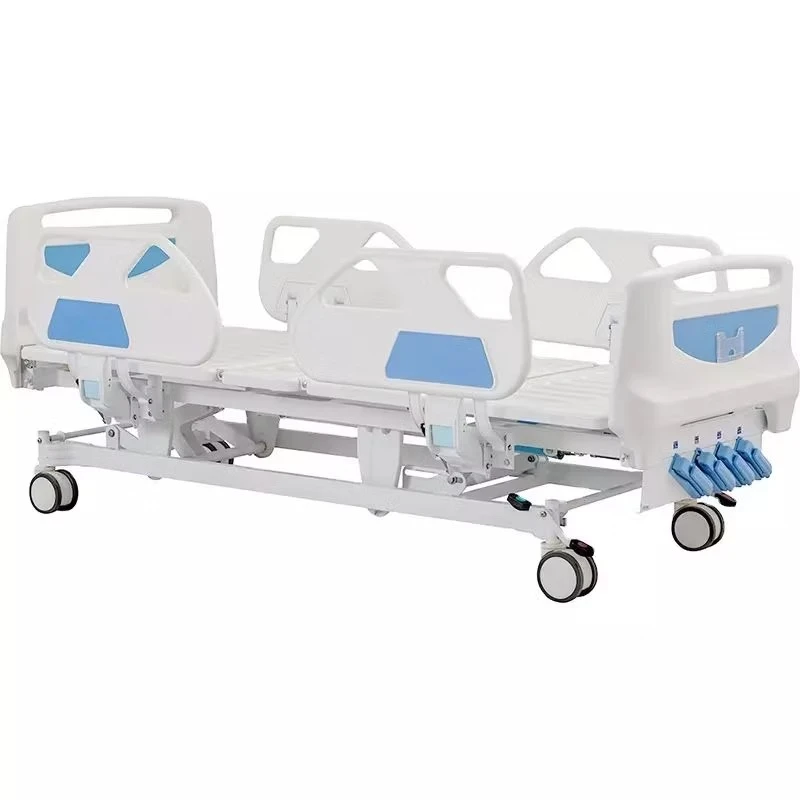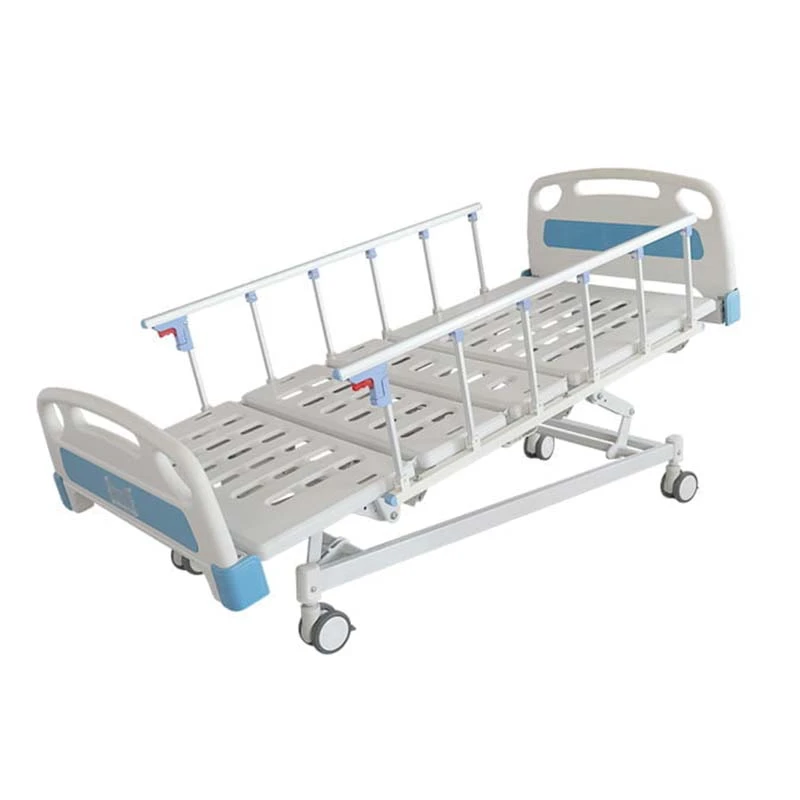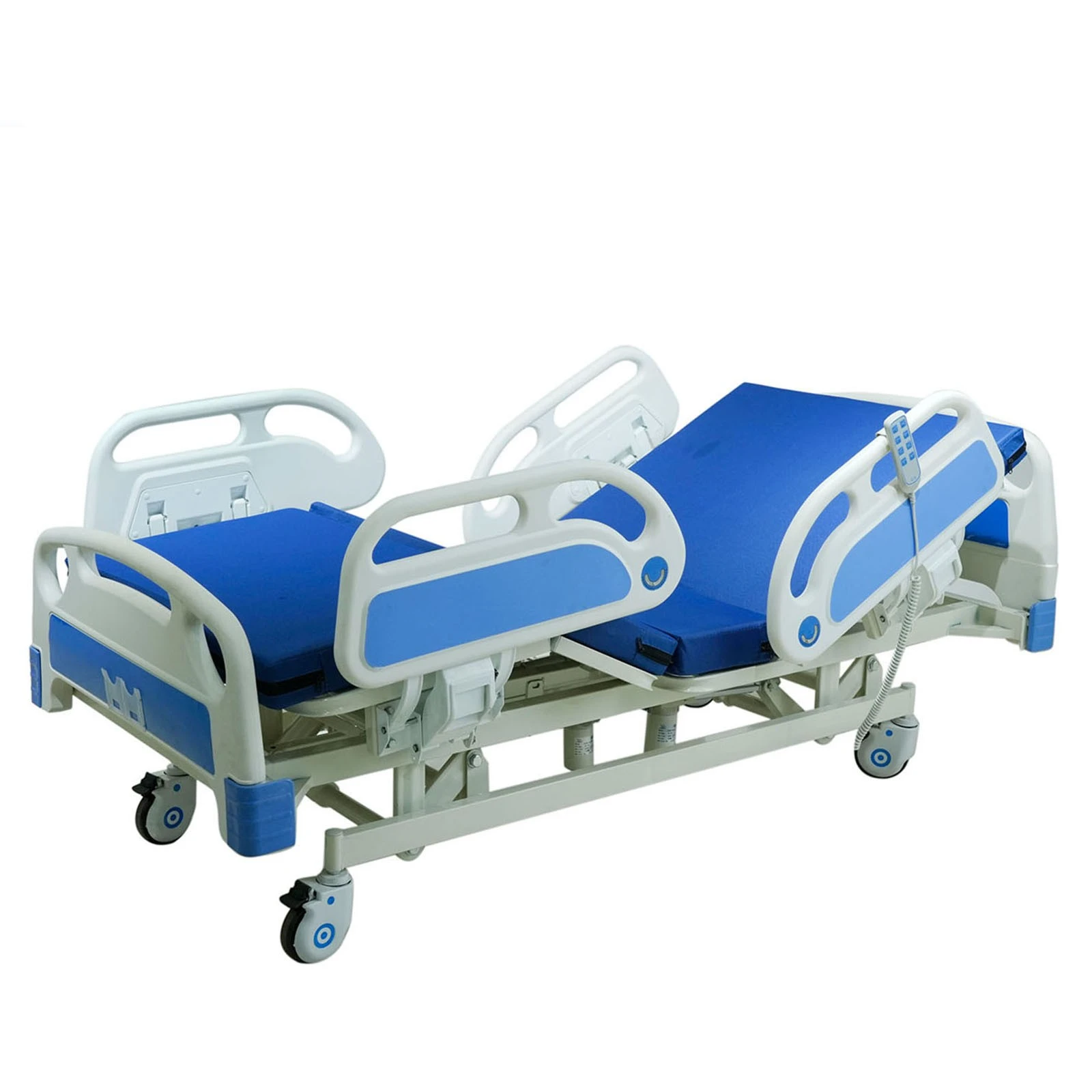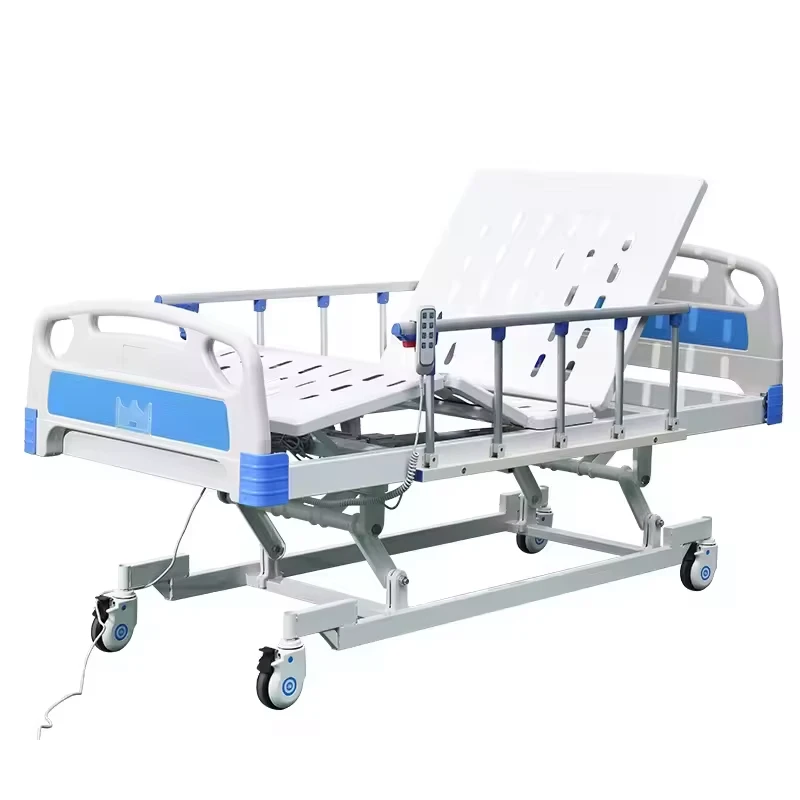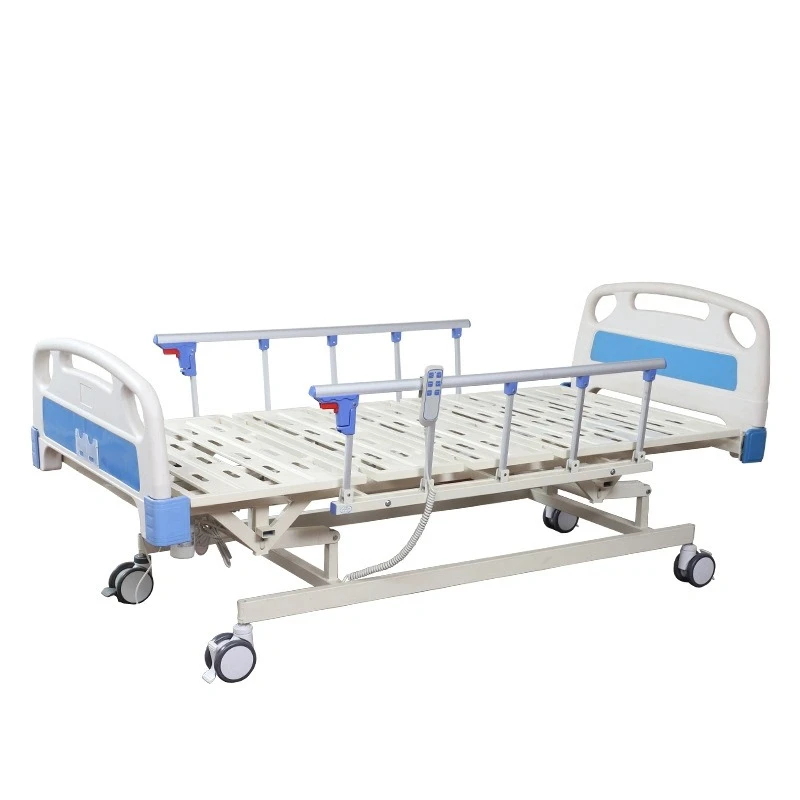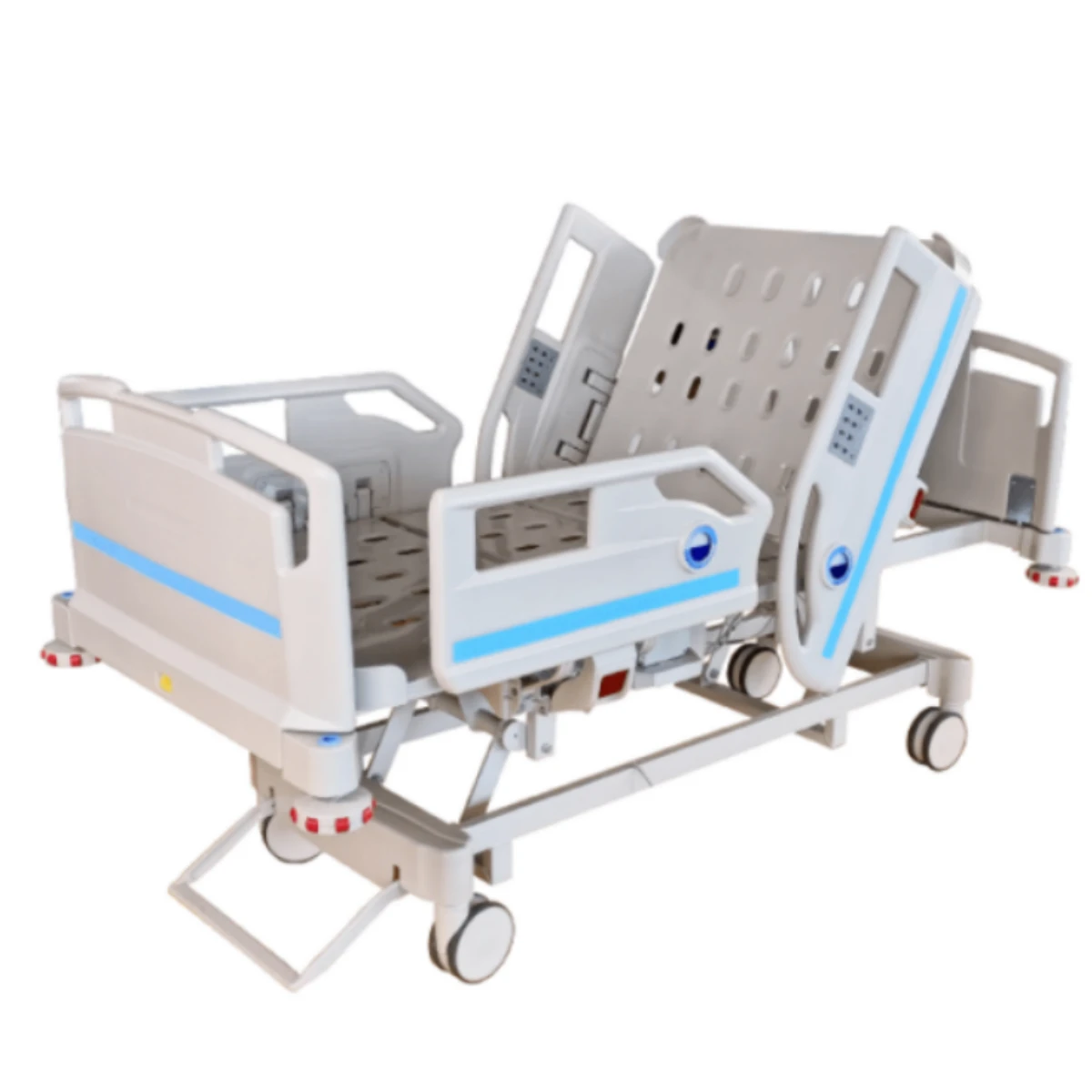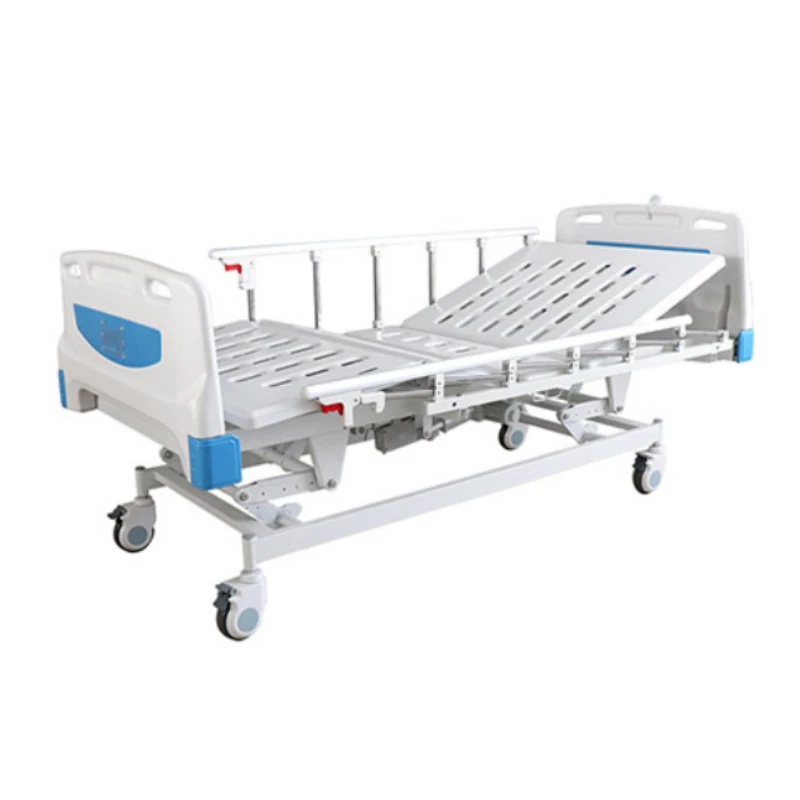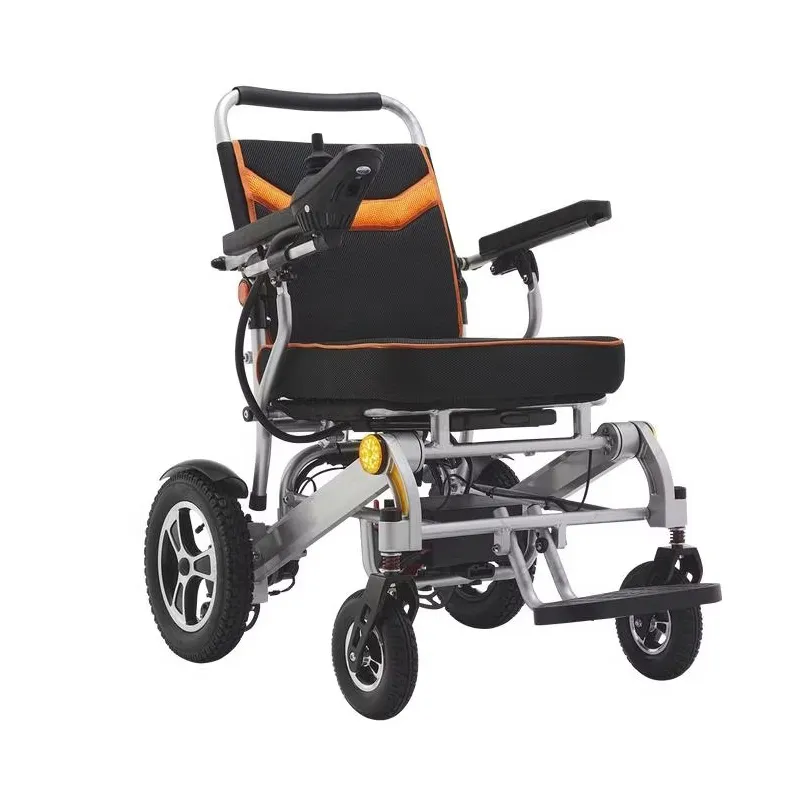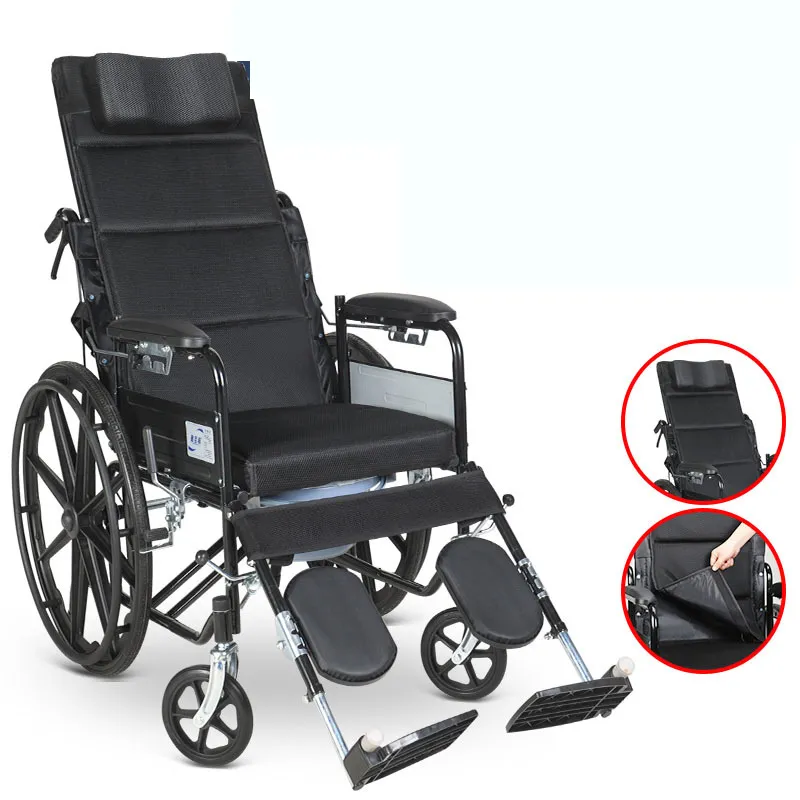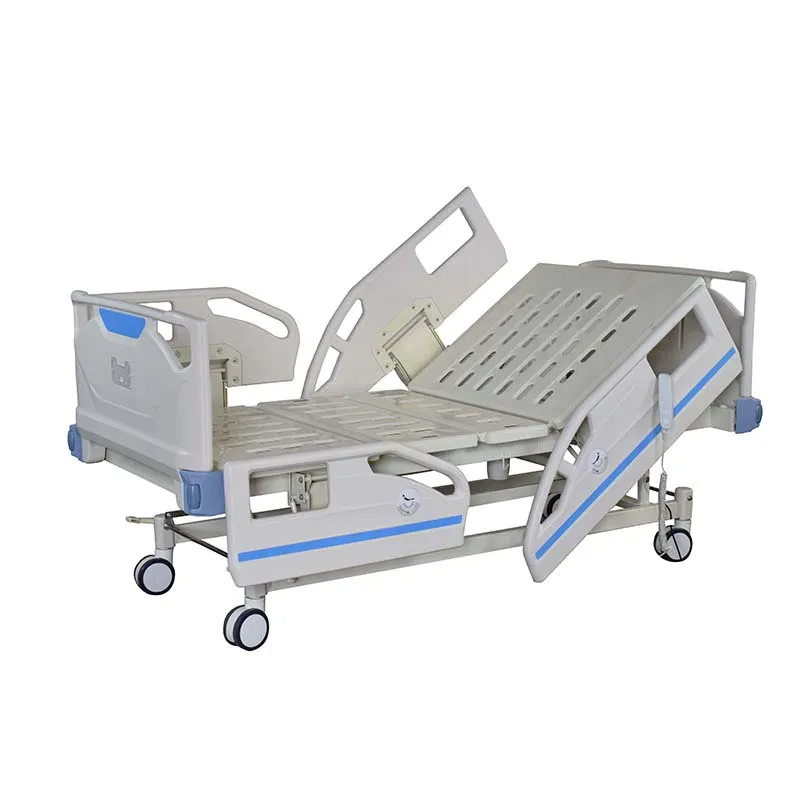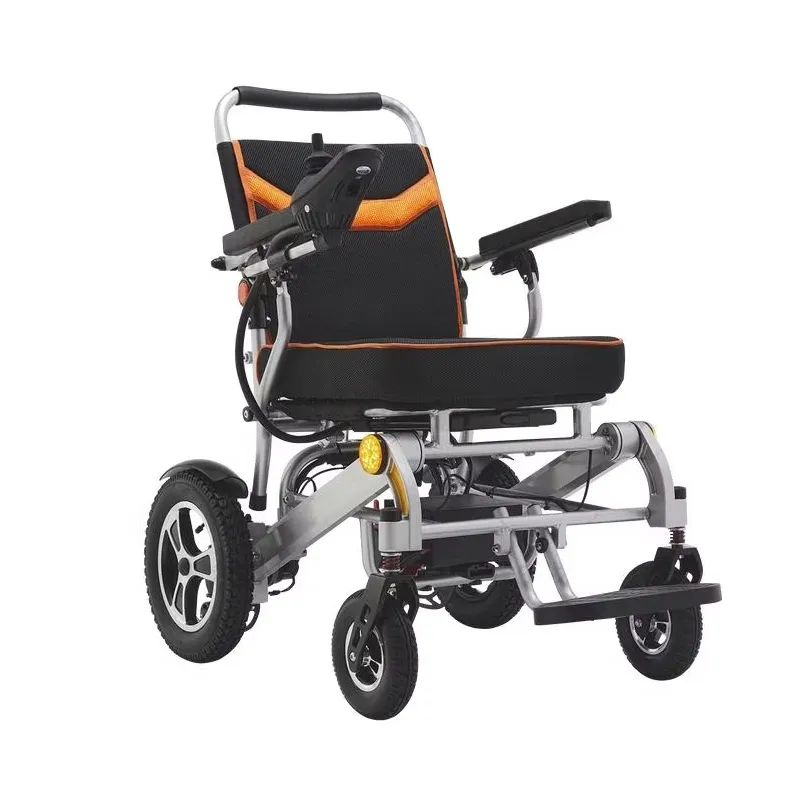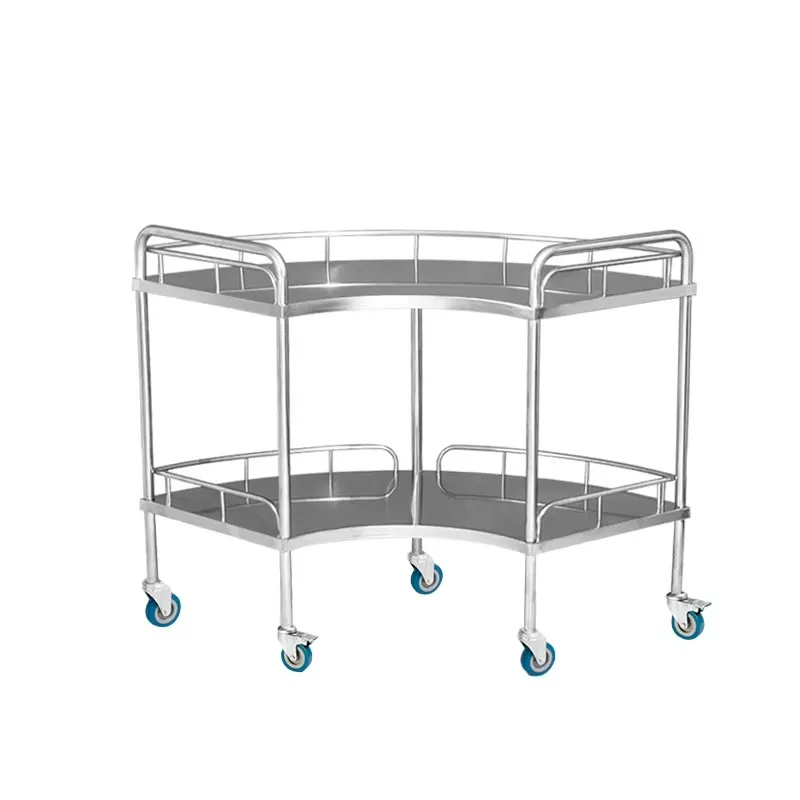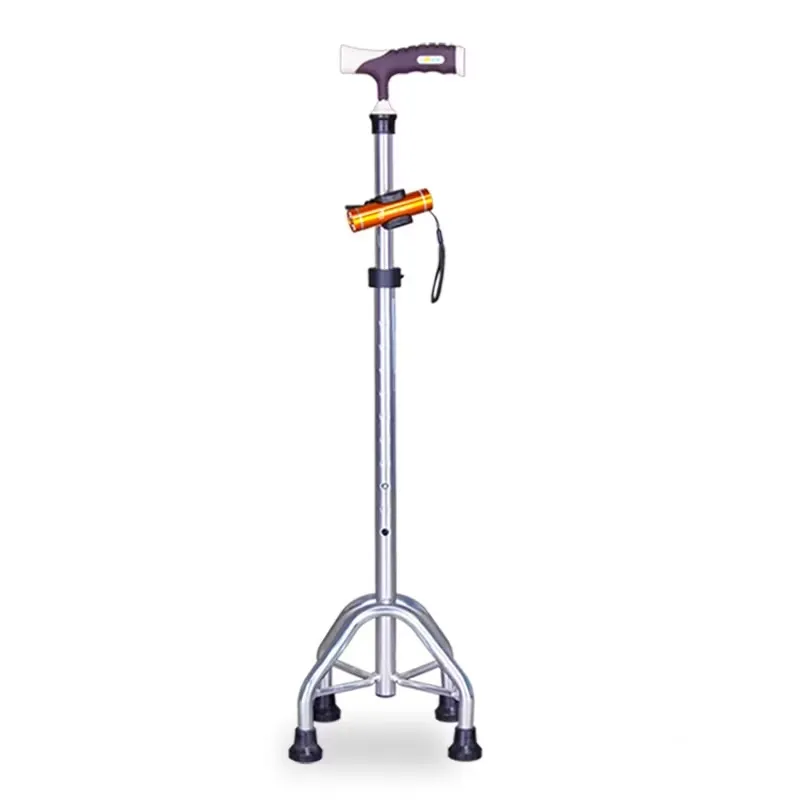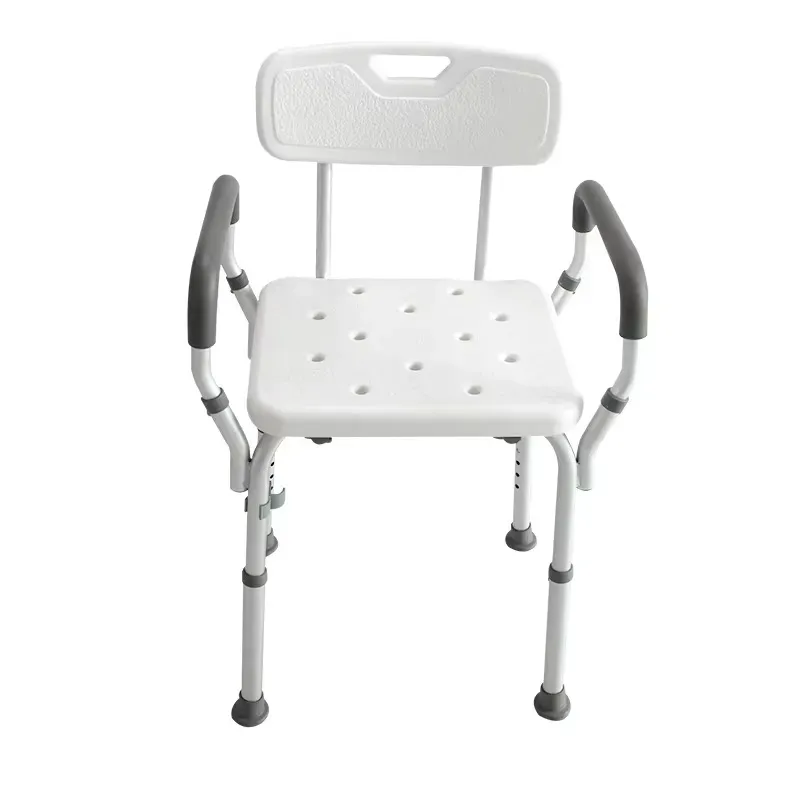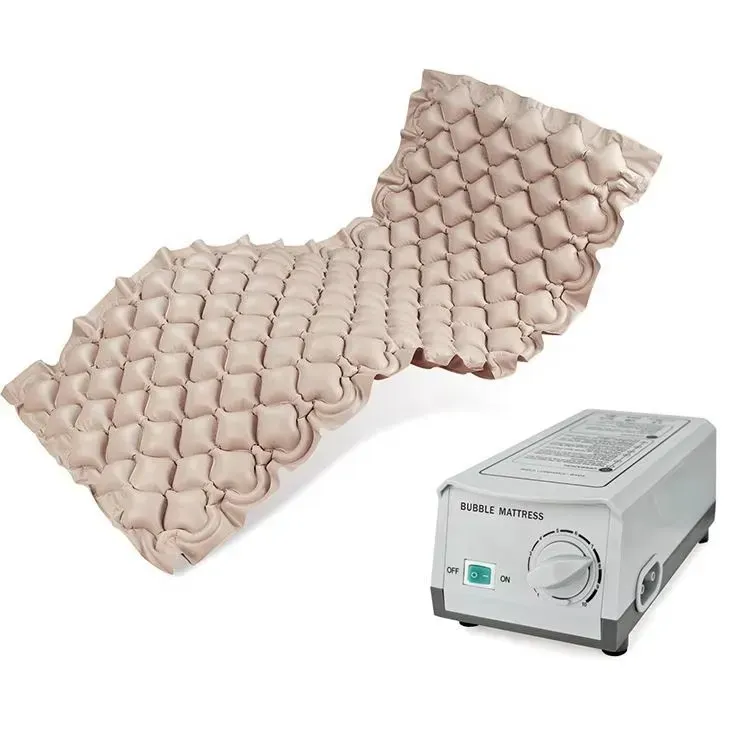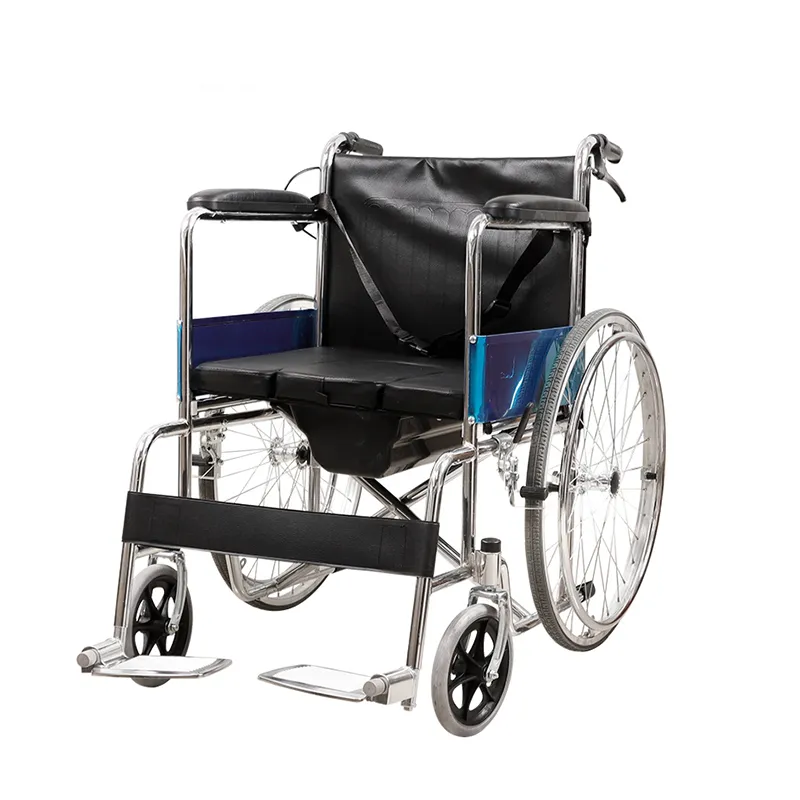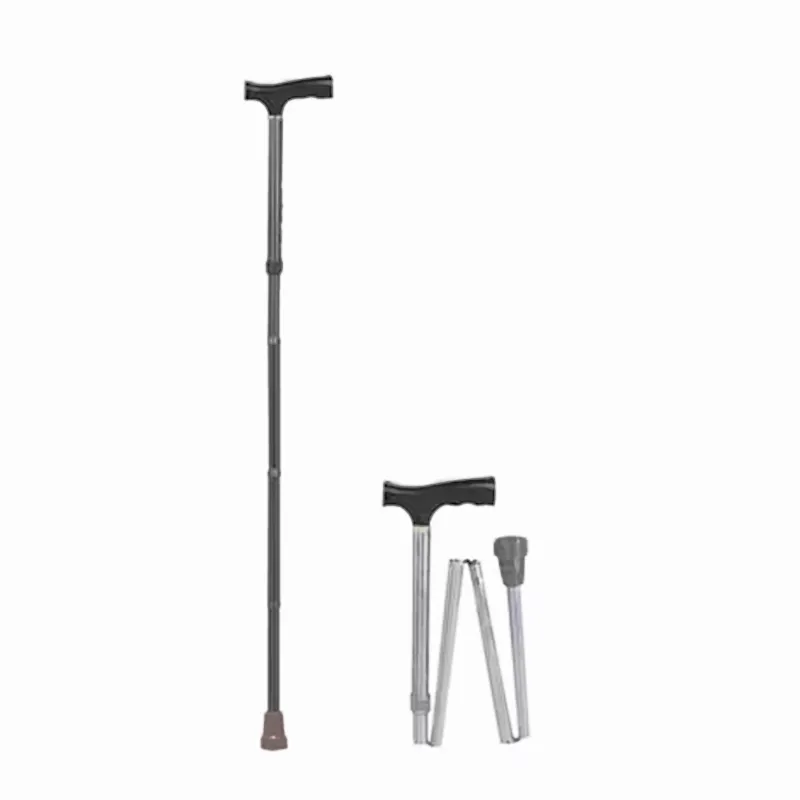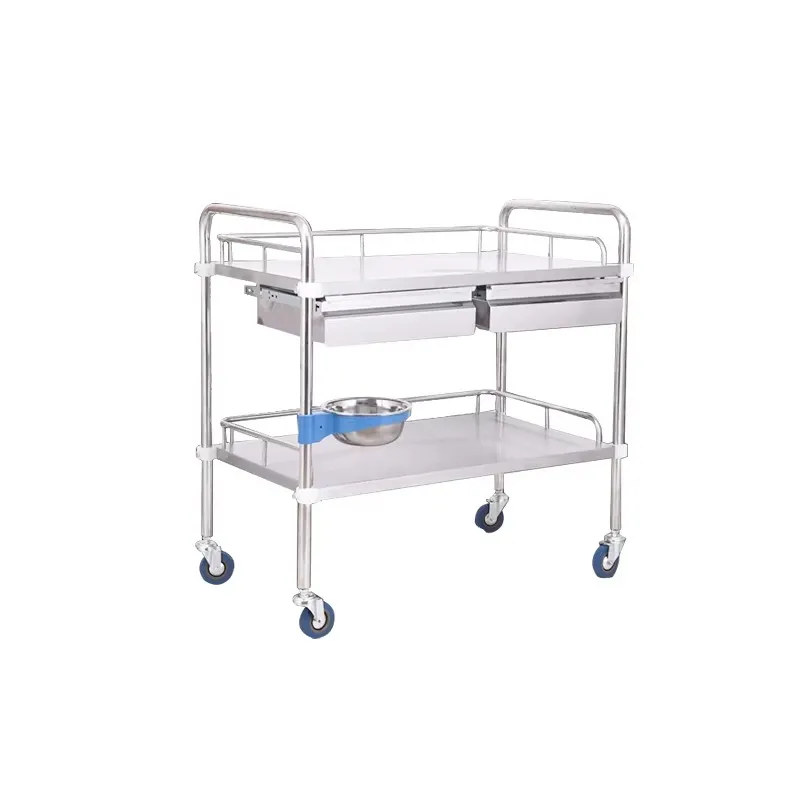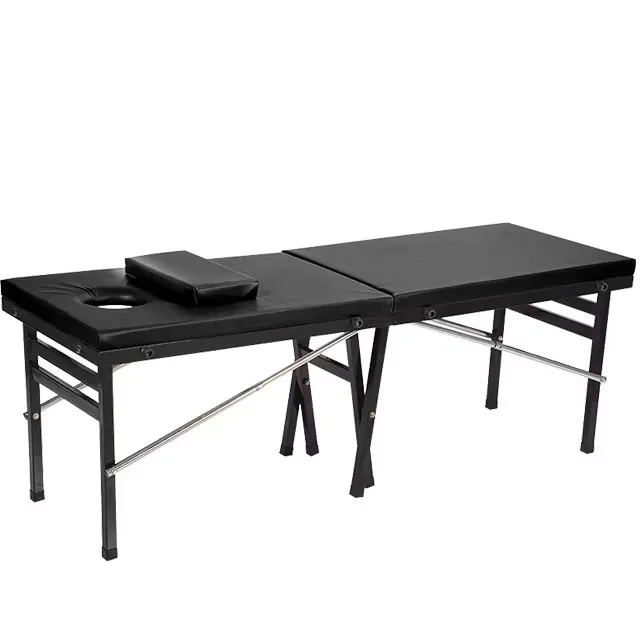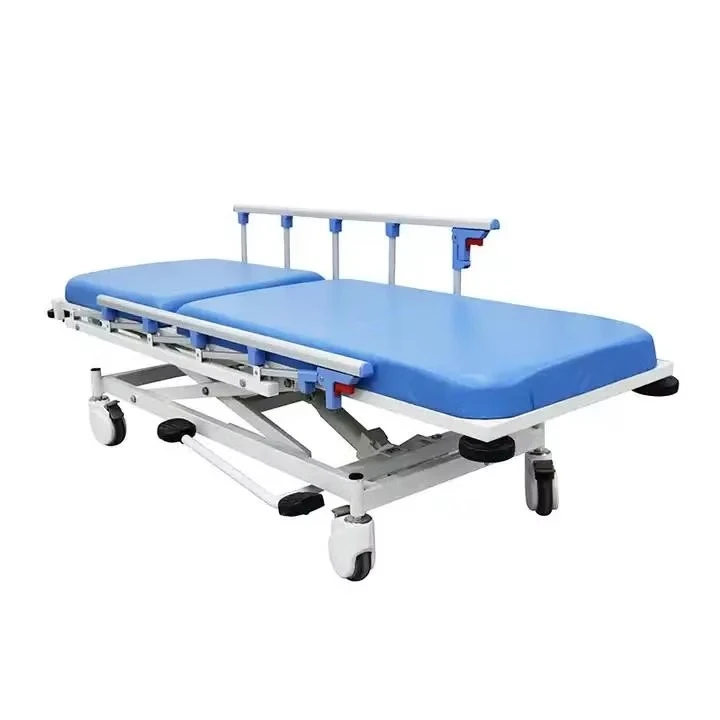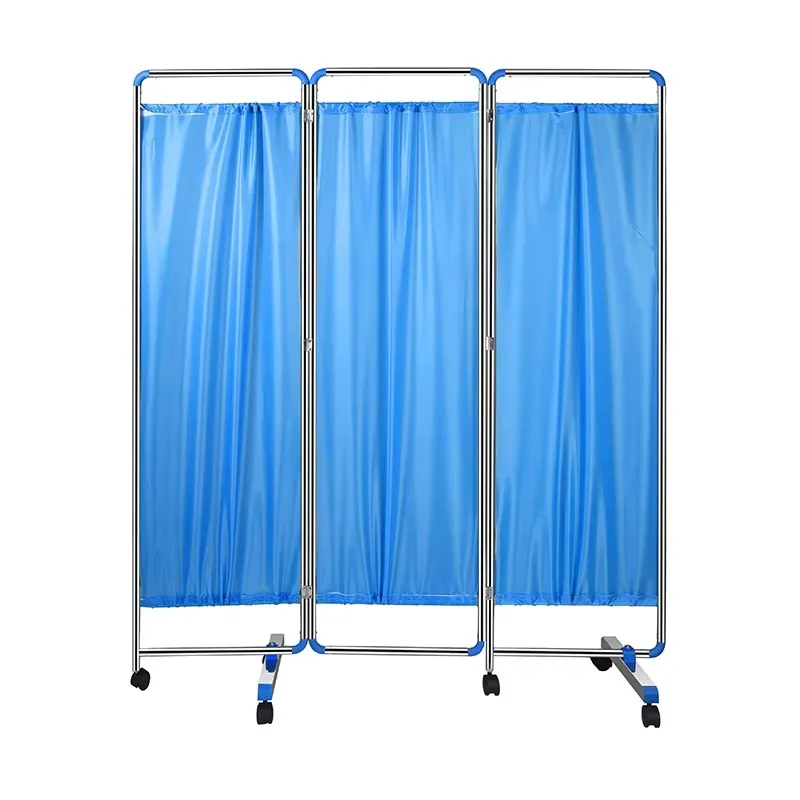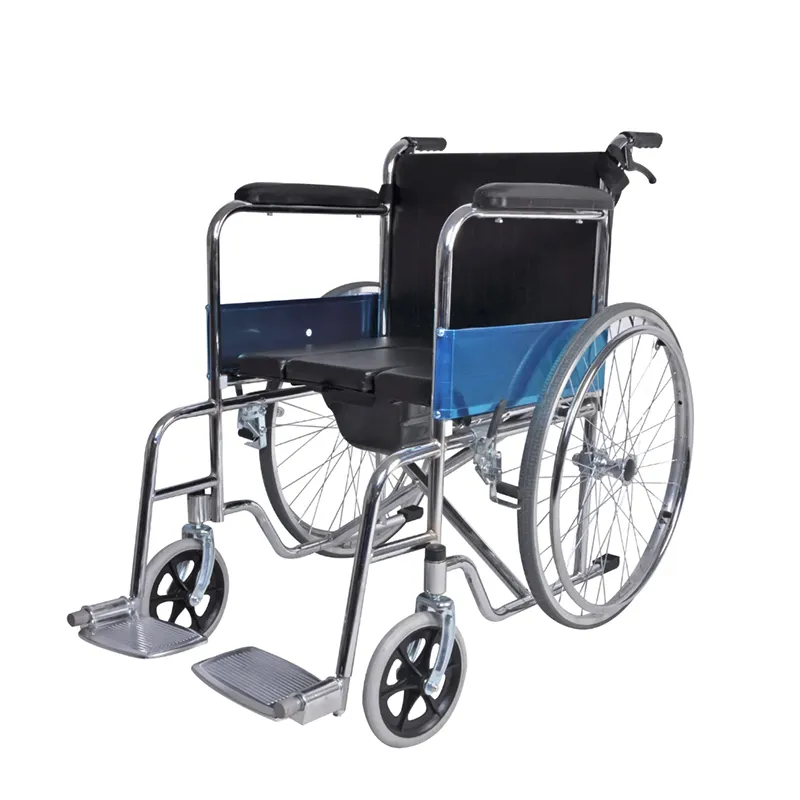Walking Assistance Equipment: Safe, Stable Mobility & Walking Aids
Advancing Mobility: The Imperative of walking assistance equipment in Modern Healthcare
In an aging global demographic, the demand for sophisticated mobility solutions is accelerating. Walking assistance equipment has evolved beyond basic aids, integrating advanced ergonomics, lightweight materials, and smart technologies to enhance user independence and safety. This comprehensive overview delves into the critical aspects of modern walking aids, from manufacturing precision and technical specifications to real-world applications and market trends, tailored for B2B decision-makers and technical professionals.
These devices are pivotal for individuals facing temporary or permanent mobility challenges, particularly walking assistance devices for elderly, patients in rehabilitation, or those with chronic conditions impacting ambulation. Our focus is on the engineering excellence and practical utility that defines high-quality walking aids in today's market.
Industry Trends and Market Dynamics
The market for mobility aids, including walking assistance equipment, is experiencing robust growth driven by an aging global population, increasing prevalence of chronic diseases, and technological advancements. According to market research, the global mobility aid devices market is projected to reach over $15 billion by 2027, with a significant CAGR. Key trends include:
- Lightweight and Durable Materials: Shift from heavy steel to aerospace-grade aluminum alloys, carbon fiber, and reinforced polymers for improved portability and strength.
- Smart Integration: Incorporation of sensors for fall detection, GPS tracking, and gait analysis, enhancing safety and providing data for rehabilitation.
- Ergonomic Design: Focus on user comfort, adjustability, and intuitive operation to minimize strain and maximize stability.
- Customization and Personalization: Growing demand for tailored solutions that address individual user needs, body types, and specific medical conditions.
- Foldable and Compact Designs: Emphasizing portability and ease of storage for active users and travel.

These trends underscore a market moving towards more sophisticated, user-centric walking aids that not only support physical mobility but also integrate seamlessly into daily life, offering greater independence and quality of life for users.
Technical Specifications: Zf-wa112 Walking Assistance Devices
Our Zf-wa112 is a prime example of advanced walking assistance devices for elderly, engineered for optimal stability, durability, and user comfort. It incorporates robust materials and precise manufacturing to meet stringent international standards.
Product Specification Table: Zf-wa112
| Parameter | Specification |
|---|---|
| Model Name | Zf-wa112 |
| Frame Material | Aircraft-grade Aluminum Alloy (6061-T6) |
| Weight Capacity | 136 kg (300 lbs) |
| Product Weight | 3.5 kg (7.7 lbs) |
| Height Adjustment Range | 79 cm - 97 cm (31 in - 38 in) |
| Wheel Type (if applicable) | No wheels (standard walking frame) |
| Grip Material | Ergonomic, Non-slip TPR (Thermoplastic Rubber) |
| Certifications | CE, ISO 13485, FDA Registered |
| Foldable Design | Yes, single-button folding mechanism |
The robust construction using 6061-T6 aluminum alloy ensures a high strength-to-weight ratio, providing exceptional stability without adding unnecessary bulk. This material choice, common in aerospace and automotive applications, guarantees superior corrosion resistance and an extended service life under daily use conditions. The Zf-wa112 is a reliable choice for walkers for elderly people seeking dependable support.
Manufacturing Process Flow for Quality Walking Assistance Equipment
The production of high-performance walking assistance equipment involves a multi-stage, quality-controlled manufacturing process. Adherence to strict industry standards like ISO 13485 (Medical Devices Quality Management) and ANSI/RESNA ensures product safety and efficacy.
Schematic Manufacturing Steps:
- Material Selection & Preparation: Sourcing of high-grade aluminum alloy (e.g., 6061-T6) tubes. Material integrity is verified via spectroscopic analysis and mechanical testing (tensile strength, yield strength).
- Precision Cutting & Bending: CNC (Computer Numerical Control) machining centers cut aluminum tubes to exact lengths. Robotic bending machines form the frame components with sub-millimeter precision, ensuring geometric accuracy for stability.
- Welding/Assembly: TIG (Tungsten Inert Gas) welding is employed for joining frame components, ensuring strong, clean, and durable joints that withstand dynamic loads. Robotic welding systems are utilized for consistency and speed.
- Surface Treatment & Finishing: Anodization or powder coating is applied for enhanced corrosion resistance, scratch prevention, and aesthetic appeal. This step is critical for extending the service life of the equipment, particularly in environments with varying humidity or exposure to cleaning agents.
- Component Integration: Assembly of all sub-components including ergonomic TPR grips, adjustable leg mechanisms, and anti-slip rubber tips. All fasteners are rigorously torque-tested.
- Quality Control & Testing: Each unit undergoes multi-point inspection. This includes load bearing tests (e.g., static and dynamic load tests per ISO 11199-2 for walking frames), fatigue testing, stability analysis, and functional checks of all adjustment mechanisms. Visual inspection ensures pristine finish and absence of defects.
- Packaging & Sterilization (as required): Final products are cleaned, often disinfected, and packaged to prevent damage during transit, ready for distribution to target industries such as healthcare providers, rehabilitation centers, and specialized retailers.
This rigorous process guarantees that each walking aid meets the highest standards for safety, reliability, and extended service life, typically exceeding 5 years under normal usage conditions. Our equipment finds applications in a range of scenarios, from post-operative rehabilitation clinics (where energy saving for patient movement is crucial) to long-term care facilities (demanding corrosion resistance for longevity).
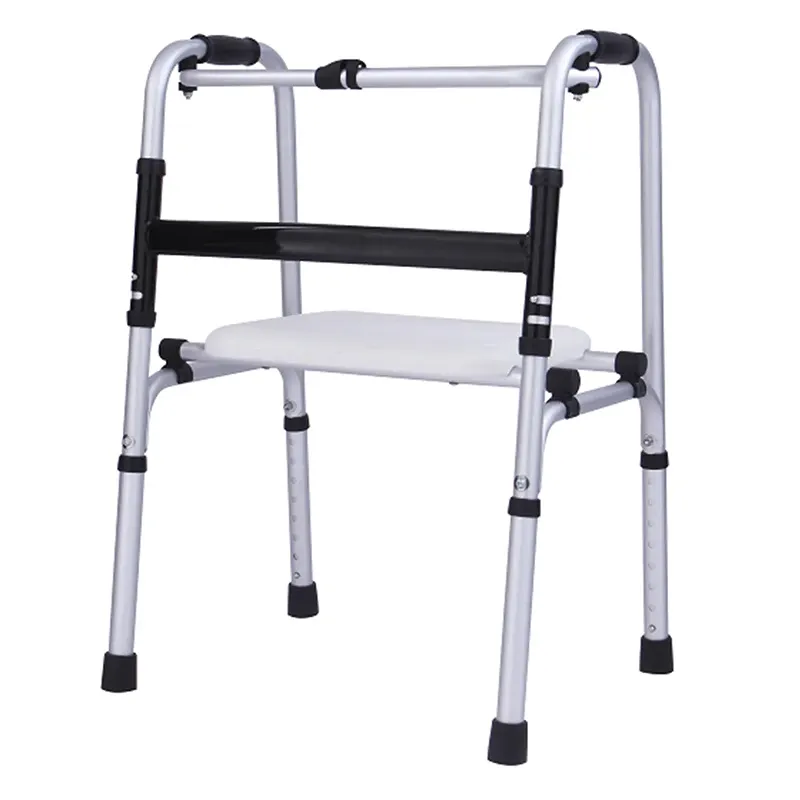
Technical Advantages and Application Scenarios
The Zf-wa112 and similar premium walking assistance devices for elderly offer distinct technical advantages that translate into significant benefits across various application scenarios.
Key Technical Advantages:
- Superior Strength-to-Weight Ratio: Utilizing advanced aluminum alloys results in a lightweight yet exceptionally strong frame. This reduces user fatigue (energy saving) and makes the device easier to maneuver and transport, a critical factor for both users and caregivers.
- Enhanced Corrosion Resistance: Multi-layer anodized or powder-coated finishes protect the frame from environmental factors, cleaning agents, and bodily fluids, significantly extending the product's lifespan and maintaining its aesthetic appeal in clinical settings.
- Precision Engineering: CNC machined components ensure tight tolerances, resulting in a stable, wobble-free device. The precise fit of adjustable mechanisms guarantees secure height settings, critical for user safety.
- Ergonomic Design & User Comfort: Contoured TPR handgrips distribute pressure evenly, reducing discomfort during prolonged use. The intuitive folding mechanism allows for effortless storage and transport, enhancing overall user experience.
- Robust Safety Features: Anti-slip rubber tips provide maximum traction on various surfaces, preventing accidental slips. Strict adherence to ISO/ANSI standards ensures the device's structural integrity under maximum load conditions.
Typical Application Scenarios:
- Rehabilitation Centers: Post-operative patients (e.g., hip or knee replacement) utilize these aids for early ambulation, gradual weight-bearing, and gait training. The sturdy frame provides confidence during the critical recovery phase.
- Long-Term Care Facilities: Elderly residents requiring continuous support for daily mobility benefit from the durability and ease of use. The corrosion-resistant properties are vital in environments requiring frequent cleaning and disinfection.
- Home Healthcare: Individuals recovering at home or managing chronic mobility issues find these walking aids essential for navigating their living spaces safely and independently. The lightweight design is advantageous for portability within the home and during outings.
- Hospitals & Clinics: Used for inpatient mobility, patient transfers, and during physical therapy sessions. The robust construction withstands heavy institutional use.
- Specialized Geriatric Care: Tailored for walkers for elderly people, providing stable support for those with decreased balance, muscle weakness, or neurological conditions.
Vendor Comparison: Evaluating Walking Assistance Equipment
Selecting the right supplier for walking assistance equipment is crucial for ensuring product quality, reliability, and long-term support. A comparison based on key parameters highlights the competitive landscape.
Comparison Table: Leading Walking Aid Manufacturers
| Feature | Zhaofamed (Zf-wa112) | Competitor A (Premium) | Competitor B (Standard) |
|---|---|---|---|
| Frame Material | 6061-T6 Aluminum Alloy | 7075 Aluminum Alloy | Standard Aluminum |
| Weight Capacity | 136 kg (300 lbs) | 150 kg (330 lbs) | 113 kg (250 lbs) |
| Product Weight | 3.5 kg (7.7 lbs) | 3.0 kg (6.6 lbs) | 4.2 kg (9.2 lbs) |
| Corrosion Resistance | Excellent (Anodized/Powder Coated) | Excellent (Anodized) | Good (Painted) |
| Certifications | CE, ISO 13485, FDA | CE, ISO 13485 | CE |
| Warranty | Limited Lifetime (Frame), 1 Year (Components) | Limited Lifetime (Frame), 2 Years (Components) | 1 Year (All Components) |
Zhaofamed distinguishes itself through a balanced approach to advanced materials, robust certifications, and comprehensive warranty support. Our selection of 6061-T6 aluminum offers an optimal balance of strength, weight, and cost-effectiveness, making our walking aids a superior choice for many B2B applications.
Customized Solutions & Application Case Studies
Recognizing that diverse patient populations and clinical environments have unique needs, we offer customized solutions for our walking assistance equipment. This ranges from specific dimensions and weight capacities to integrated features for specialized therapeutic requirements.
Customization Capabilities:
- Dimension Adjustments: Tailored height and width for bariatric patients or pediatric applications.
- Accessory Integration: Options for attachment points for oxygen tank holders, IV poles, or specialized seating.
- Material & Finish Variations: Specific anti-microbial coatings for high-risk clinical environments or custom color schemes for brand identity.
- Wheel Configurations: Addition of swivel or directional wheels for rollator-style functionality.
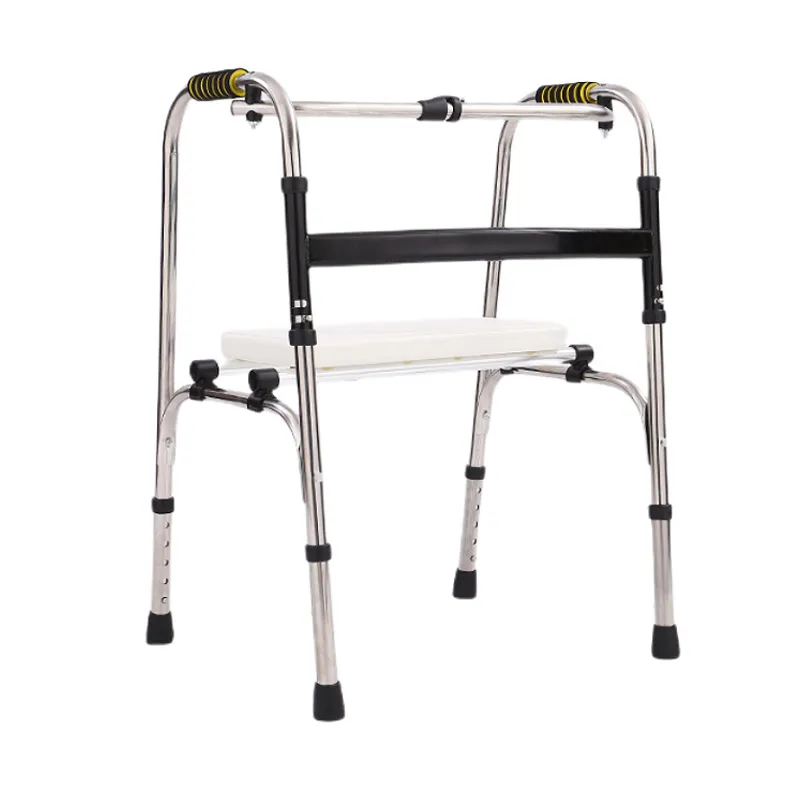
Application Case Studies:
Case Study 1: Large Hospital Network - Post-Surgical Rehabilitation
A major hospital network, managing over 500 post-orthopedic surgery patients annually, needed durable, easy-to-clean walking assistance equipment. They selected Zhaofamed's Zf-wa112 due to its robust aluminum alloy construction, anti-corrosion finish, and a proven track record of exceeding ISO 11199-2 fatigue testing standards. Over a 2-year period, the hospital reported a 30% reduction in repair and replacement costs compared to previous suppliers, attributing this to the Zf-wa112's superior build quality and extended service life. Patient feedback highlighted improved confidence due to the device's stability.
Case Study 2: Regional Elder Care Provider - Enhanced Mobility for Residents
A network of 15 elder care facilities sought lightweight and highly adjustable walkers for elderly people to accommodate a wide range of resident needs, including those with varying heights and strength levels. Zhaofamed provided customized Zf-wa112 units with additional height adjustments and specialized non-marking tips for indoor floor surfaces. The facility managers observed an increase in resident independence, with a 25% reported uptake in daily walking activities, and a notable decrease in fall incidents within the first year of deployment. The lightweight nature of the units also eased the burden on care staff during transfers.
Trust and Support: FAQs, Lead Time, Warranty & After-Sales
Frequently Asked Questions (FAQs):
Q: What is the expected service life of Zhaofamed walking assistance equipment?
A: With proper maintenance and use within specified weight limits, our walking aids are engineered for a service life exceeding 5 years. Our high-grade materials and manufacturing processes ensure long-term durability.
Q: Are your products certified for medical use?
A: Yes, all Zhaofamed walking assistance devices for elderly, including the Zf-wa112, comply with international medical device standards such as CE, ISO 13485, and are FDA registered, ensuring their suitability for clinical and home care environments.
Q: How do I choose the correct size of walking aids for my patients/clients?
A: Our products feature adjustable height mechanisms. The Zf-wa112 adjusts from 79 cm to 97 cm. For optimal fit, users should stand with arms relaxed, and the handgrips should align with their wrist crease. We can also assist with customized sizing for specific population groups.
Lead Time & Fulfillment:
Standard orders for Zf-wa112 typically have a lead time of 2-4 weeks, depending on order volume and current inventory levels. For bulk orders or customized solutions, lead times will be provided with a detailed quotation. We maintain efficient logistics partnerships to ensure timely and reliable delivery worldwide.
Warranty Commitments:
Zhaofamed offers a comprehensive warranty package for our walking assistance equipment. The frame components of the Zf-wa112 come with a limited lifetime warranty against manufacturing defects. Wearable components (e.g., grips, tips) are covered for one year. Full warranty terms and conditions are available upon request.
Customer Support & After-Sales Service:
Our dedicated technical support team is available to assist with product inquiries, troubleshooting, and spare parts procurement. We provide detailed user manuals and offer remote assistance to ensure seamless integration and operation of our walking aids. Training for healthcare professionals on product usage and maintenance can also be arranged.
Contact us at info@zhaofamed.com or visit our website for further details.
References
- World Health Organization. (2021). Global report on assistive technology.
- International Organization for Standardization. (2018). ISO 11199-2: Walking aids manipulated by both arms — Requirements and test methods — Part 2: Rollators.
- MarketsandMarkets. (2022). Mobility Aid Devices Market - Global Forecast to 2027.
- U.S. Food and Drug Administration. (2020). Medical Devices: Guidance for Industry.
- RESNA (Rehabilitation Engineering and Assistive Technology Society of North America). (2019). RESNA Standards.



